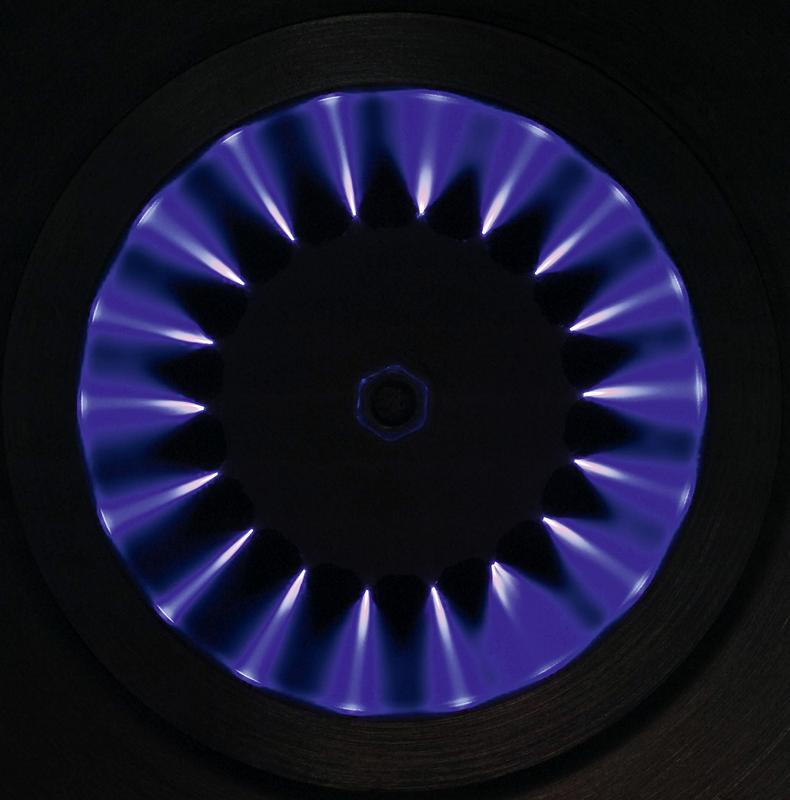
New Method Cuts Wood Boiler Emissions by 90%

A high voltage electrode electrically charges the particulates in the flue gas. The charged particles can then be electrostatically separated.
© CCA - Carola Clean Air GmbH
New method for wood chip and wood log boilers
The fine dust filter is positioned at a point before the flue gas enters the chimney. The gas flows through an ionization chamber and is thereby electrically charged on a high voltage electrode. In the subsequent separation chamber, the particles are deposited on grounded steel brushes.
These regularly rotate across scraping edges, which causes the adhering particulate matter to drop into an ash pan. This method has the advantage that it is a dry process that can filter out up to 90% of the particles. The developers have tested the new separator for more than 30,000 hours on test rigs and in field trials.
At the beginning of 2015, the 1st Federal Immission Control Ordinance tightened the fine dust limits for wood-fired heating systems in accordance with specific transitional periods. This will make it necessary to install dust separators in many wood chip and wood log boilers. Together with industrial partners, the Karlsruhe Institute of Technology (KIT) has developed the new electrostatic particle separator to market maturity.
You found all informations about the BINE Projektinfo brochure entitled “Clean heating with wood” (06/2016) here:
http://www.bine.info/en/press/press-releases/press/pressemitteilung/holz-mit-90-…
Uwe Milles/Birgit Schneider
presse(at)bine.info
About BINE Information Service
Energy research for practical applications
The BINE Information Service reports on energy research topics, such as new materials, systems and components, as well as innovative concepts and methods. The knowledge gained is incorporated into the implementation of new technologies in practice, because first-rate information provides a basis for pioneering decisions, whether in the planning of energy-optimised buildings, increasing the efficiency of industrial processes, or integrating renewable energy sources into existing systems.
About FIZ Karlsruhe
FIZ Karlsruhe – Leibniz Institute for Information Infrastructure is a not-for-profit organization with the public mission to make sci-tech information from all over the world publicly available and to provide related services in order to support the national and international transfer of knowledge and the promotion of innovation.
Our business areas:
• STN International – the world’s leading online service for research and patent information in science and technology
• KnowEsis – innovative eScience solutions to support the process of research in all its stages, and throughout all scientific disciplines
• Databases and Information Services – Databases and science portals in mathematics, computer science, crystallography, chemistry, and energy technology
FIZ Karlsruhe is a member of the Leibniz Association (WGL) which consists of 87 German research and infrastructure institutions.
http://www.bine.info/en – BINE Informationsdienst












